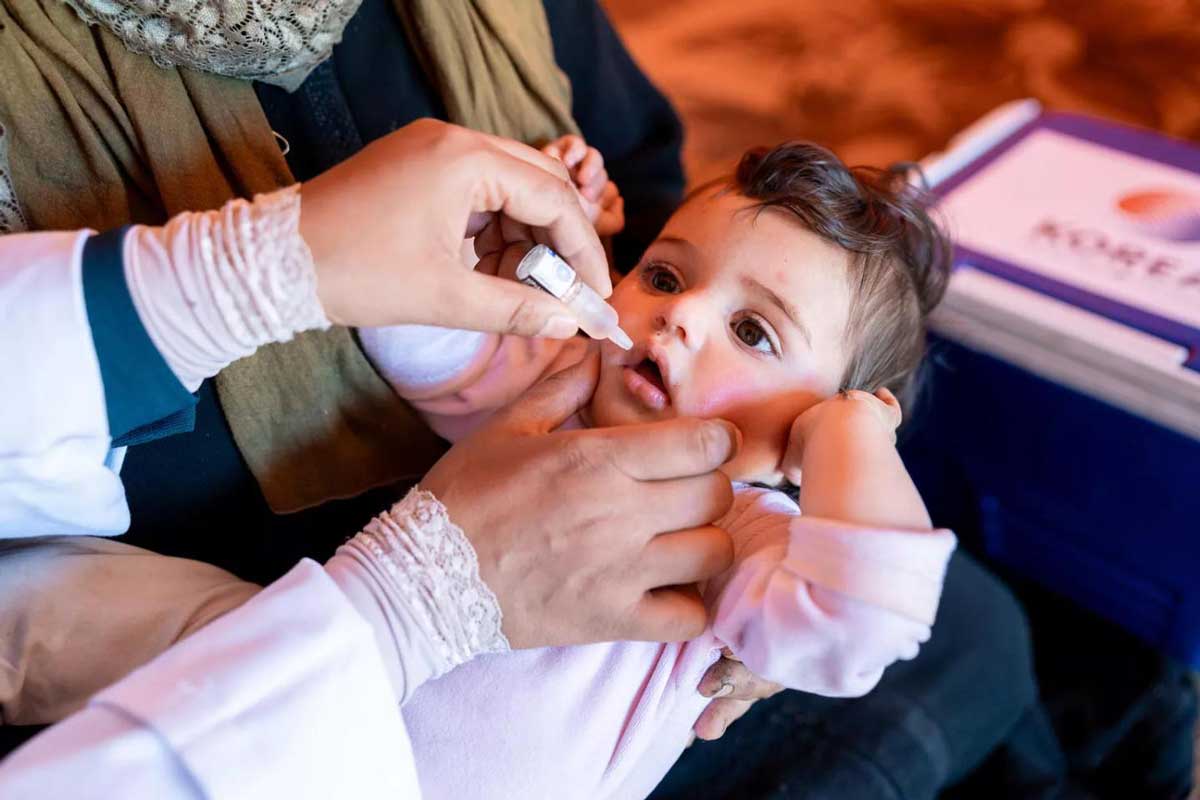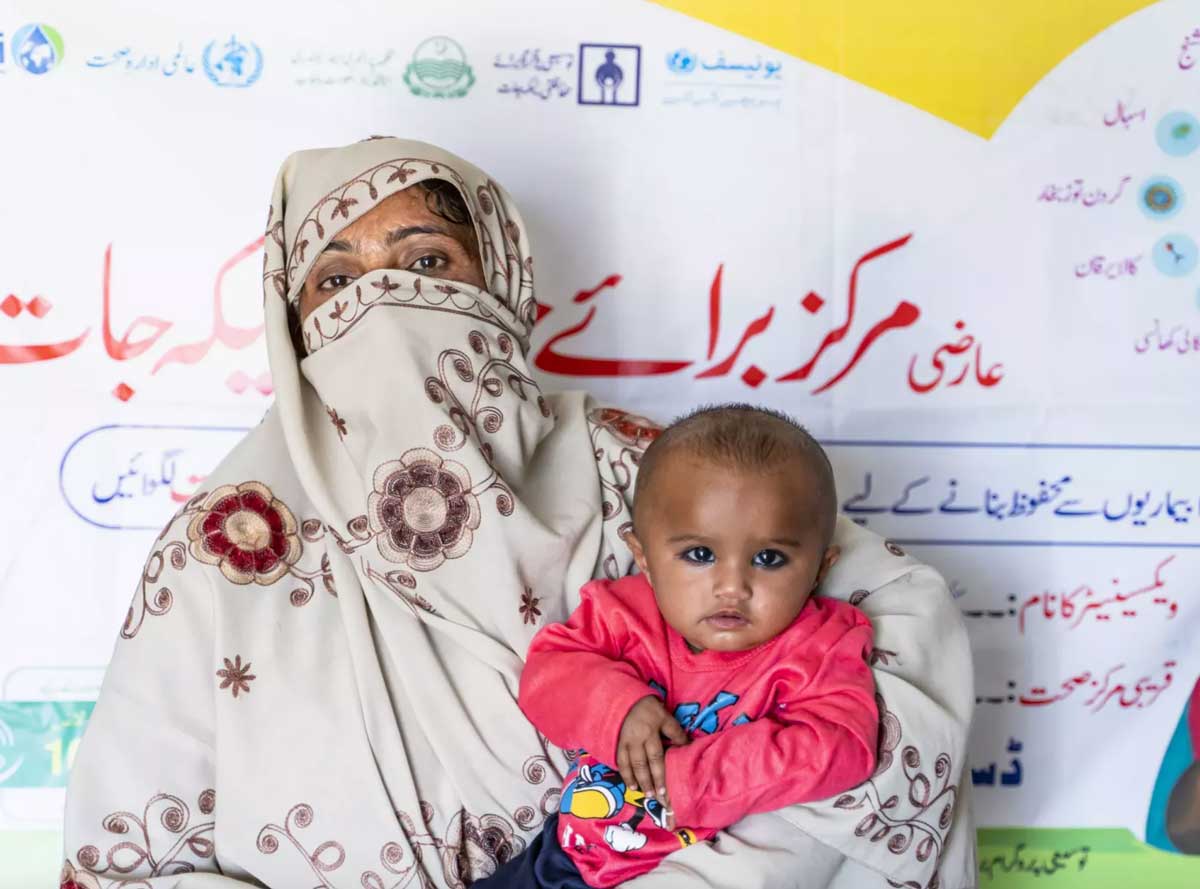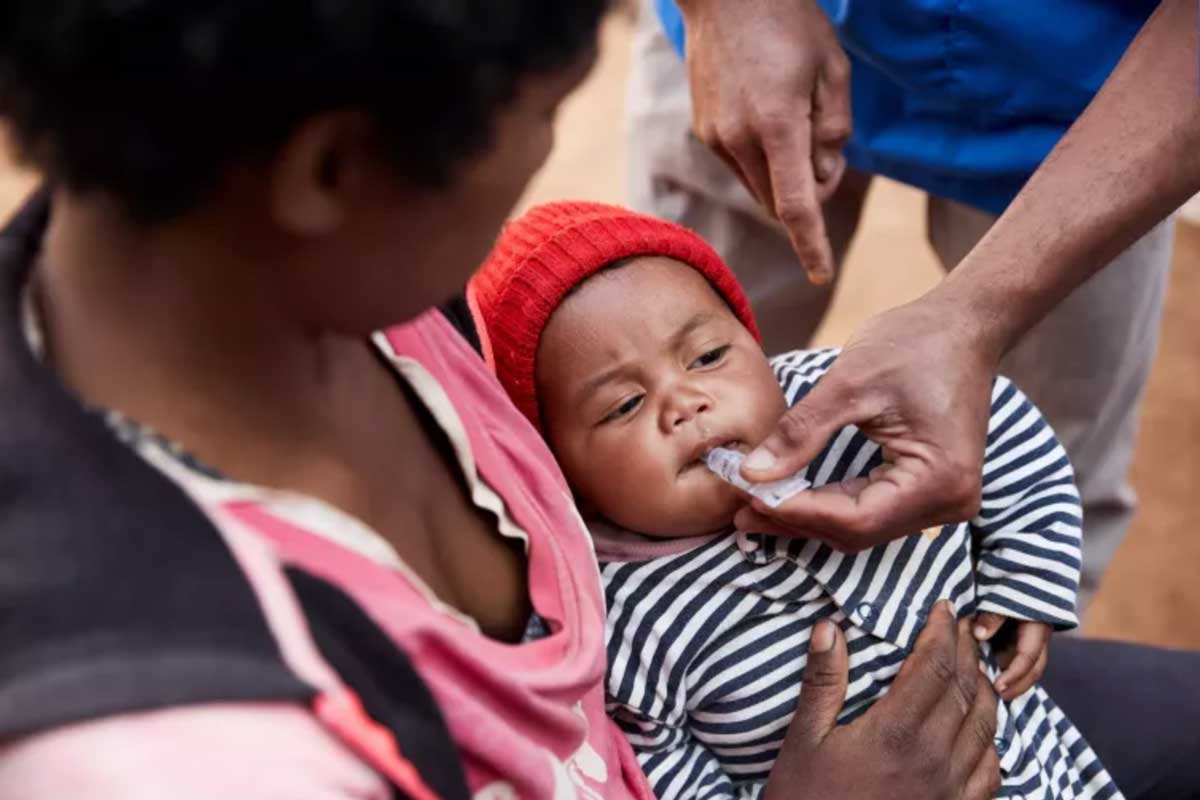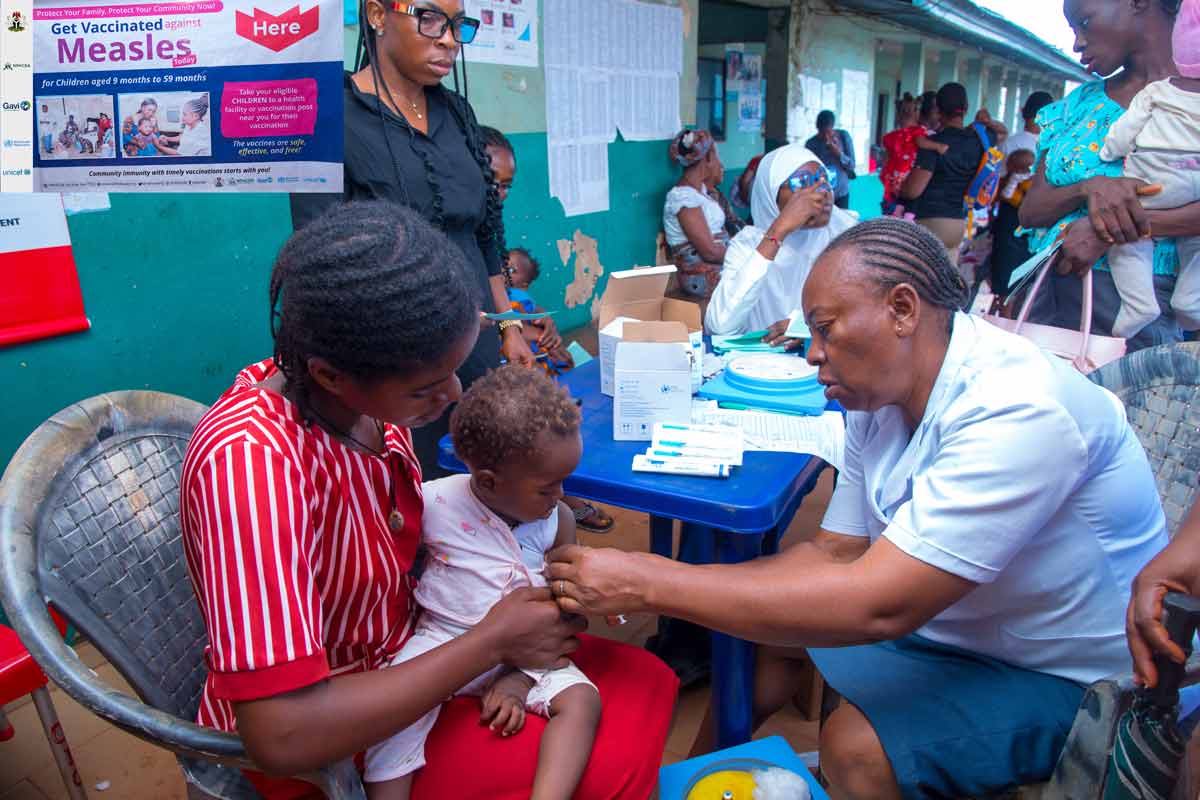Wisma Mugano: A village health worker’s dedicated life of service
Village health workers, like Mugano, have been instrumental in delivering health services to people in hard-to-reach areas and ensuring that no one is left behind.
- 21 March 2023
- 5 min read
- by UNICEF
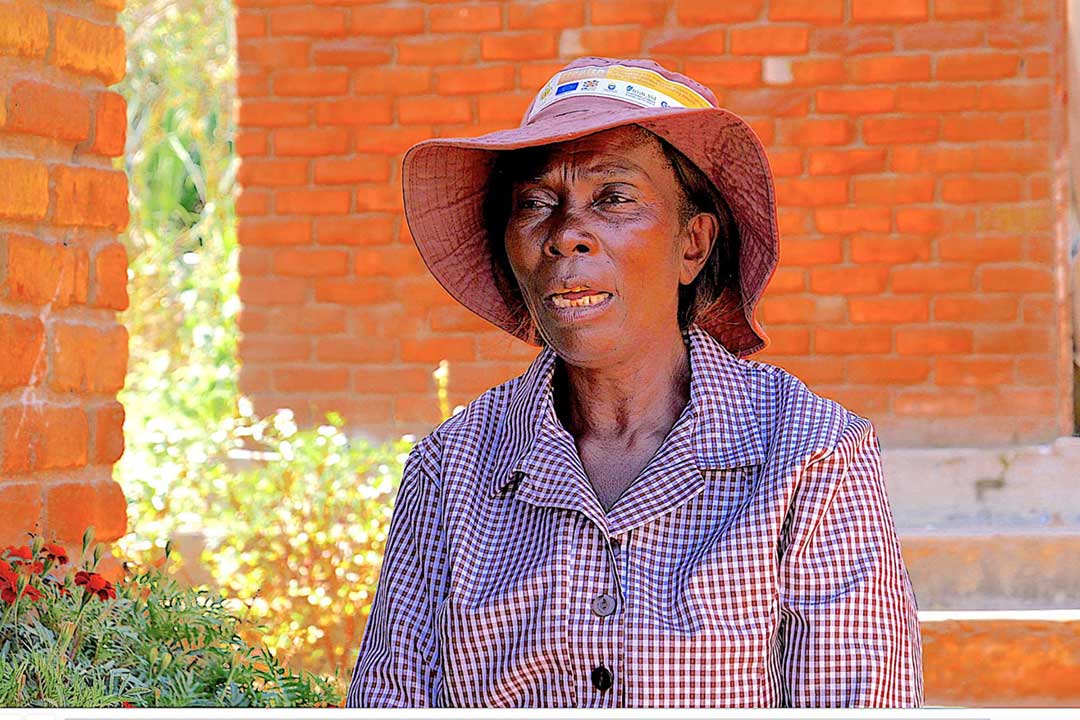
At 67, Wisma Mugano walks an average of 24 kilometres in rugged terrain every week to discharge her duties as a village health worker.
Mugano, a grandmother from Chikomba District's Chiwashira Village, has been serving her community in Mashonaland East since 2002 and is not showing any signs of slowing down.
She provides primary health care services twice weekly to four villages: Chiwashira, Mangwende, Makurazita and Mangwanya.
Her job includes attending to expecting mothers, children, adolescents, and those with chronic illnesses.
Mugawu's routine includes visits to each village once a week, and she also does home visits to attend to emergencies.
Community members also visit her homestead to access health-related information, and in cases of emergencies where she refers patients to health facilities depending on their severity,
She also regularly walks to Masasa Clinic, about five kilometres away from her homestead, to collect materials such as malaria testing kits, medical supplies and health information material for dissemination to the community.
"Twice a week, I wake up as early as 6 AM to make sure that by 7 AM, I am at the meeting points in the villages that are about three kilometres from my homestead to attend to the needs of pregnant women, children under the of five and those with terminal illnesses, among others," Mugano said.
"As you can see, this a very difficult terrain to navigate, and some of the places are far in between, but I love my job and will keep doing it as long as I am fit.
"In a way, as a village health worker, I work 24 hours because I get people that come to my homestead for emergencies, such as women, who are in labour, and I assist where I can or refer them to the clinic."
The grandmother of two is among thousands of village health workers supported by the Health and Child Care ministry, UNICEF and its partners, including donors of the Health Resilience Fund – the European Union, Ireland, the United Kingdom and the Gavi, the Vaccine Alliance.
They complement Government's efforts in Zimbabwe's rural districts to improve access to health facilities by marginalised communities.
Village health workers, like Mugano, have been instrumental in delivering health services to people in hard-to-reach areas and ensuring that no one is left behind in the fight against outbreaks of diseases such as COVID-19 and measles.
She considers the COVID-19 outbreak that began in 2019 one of the biggest challenges she has faced in her 21-year-long career.
"COVID-19 was a huge challenge here because it disrupted our way of life, and it was something new to us," Mugano said.
"However, I managed to play my role in fighting it using the training I received as a village health worker, and the personal protective equipment gave me the confidence to discharge my duties.
"We raised awareness in the community about the importance of maintaining good hygiene, getting vaccinated against COVID-19 and avoiding big gatherings and as a result, we didn't have severe cases here."
Have you read?
In rural communities such as Chiwashira, where Mugano lives, problems that arose during the pandemic included misinformation, resistance to COVID-19 vaccines and movement restrictions during nationwide lockdowns that limited the provision of health care services.
She also had to deal with religious groups whose doctrines discourage members from seeking medical treatment or being vaccinated against diseases such as COVID-19.
Mugawu said her passion was to prevent maternal deaths in her community and save the lives of newborns. She is proud that the villages she serves have low home deliveries.
"There were many myths people in the community had about childbirth, which led to unnecessary deaths," she said.
"When I visit the community, I always make sure that I sensitise expecting mothers on why they should register with health facilities so that they do not deliver at home in case of complications.
"I sensitise the expecting mothers about the danger signs to watch out for during pregnancy, such as bleeding. If one starts bleeding, one must go to the hospital immediately.
"One of the things that made me want to become a village health worker was an incident that involved a relative who gave birth in a bush while going to the clinic.
"I am passionate about ensuring no maternal and child deaths in our community."
Despite challenges such as lack of transport, personal protective equipment and low incentives, Mugawu will only have chosen jobs besides being a village health worker.
"It has changed me a lot," she said.
"Before I became a village health worker, I was an introvert, but now I can interact with the community and impart the knowledge I get from the regular training we get from the Health and Child Care ministry.
"As someone with 21 years of experience as a village health worker, I love my job because I find it very fulfilling and enjoy doing it.
"We should be dedicated to our work and ignore some detractors who look down upon us."
She expressed gratitude to UNICEF and its partners for supporting village health workers through the Ministry of Health and Child Care, which she said goes a long way in ensuring that people in hard-to-reach areas have access to health services.
Written by
Kholwani Nyathi
Website
This article was originally published by Unicef Zimbabwe on 17 March 2023.
